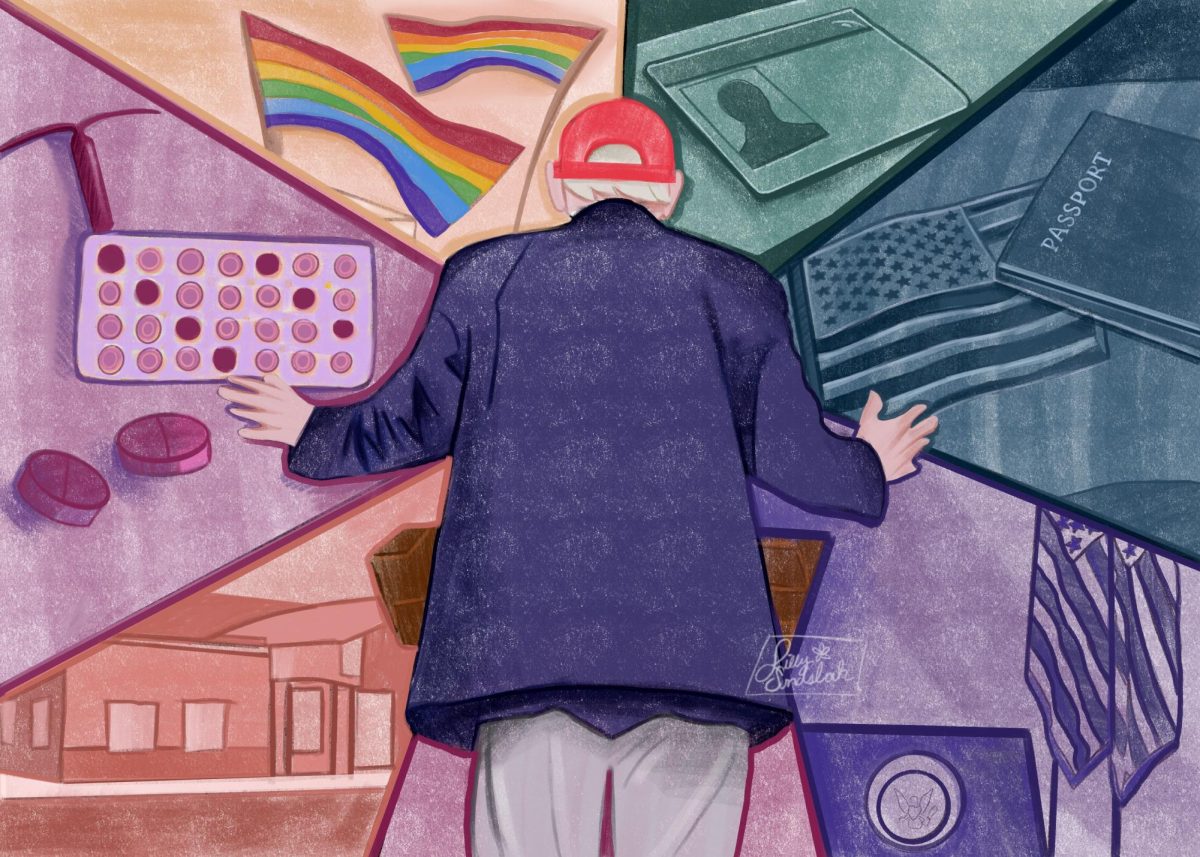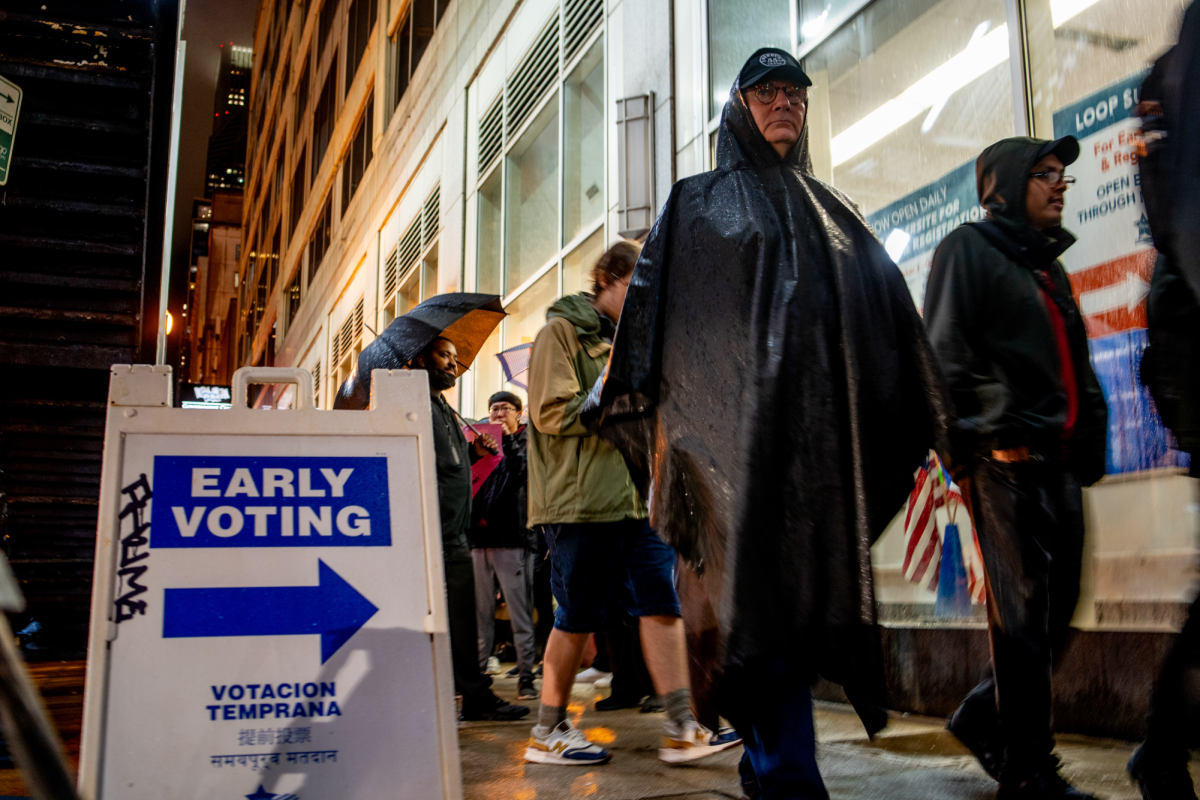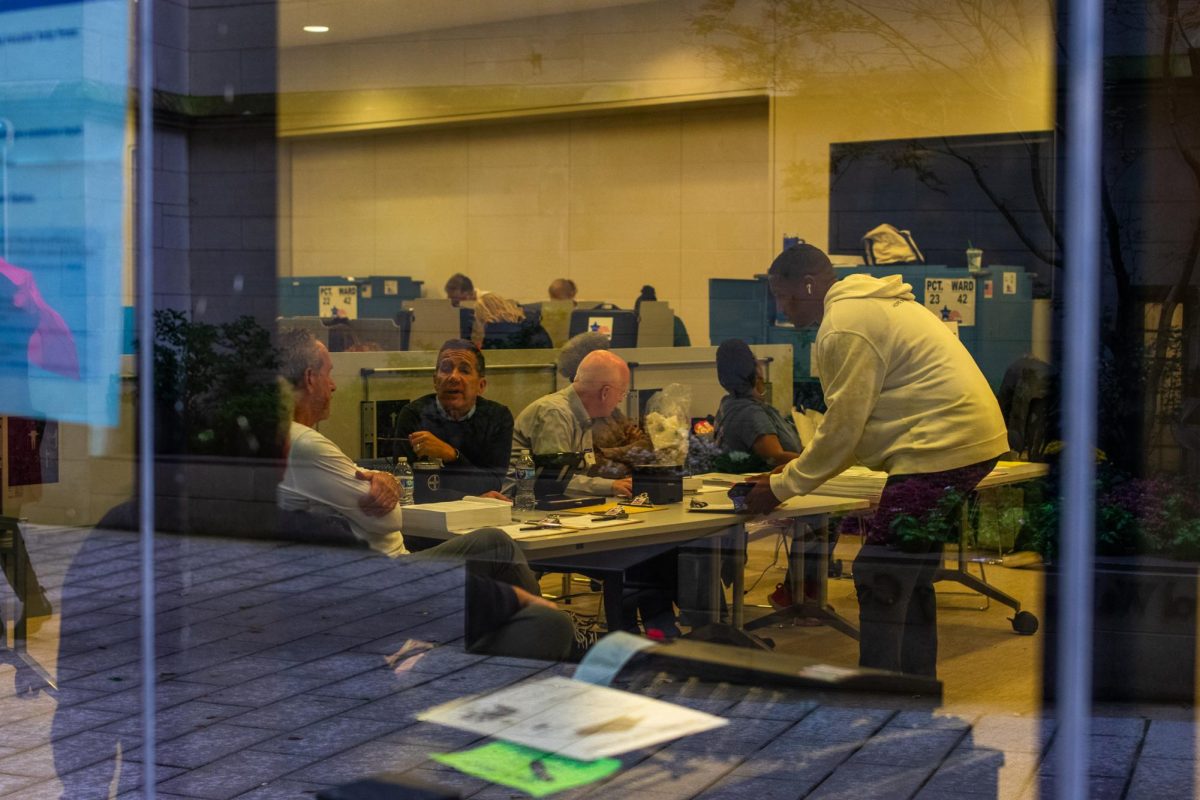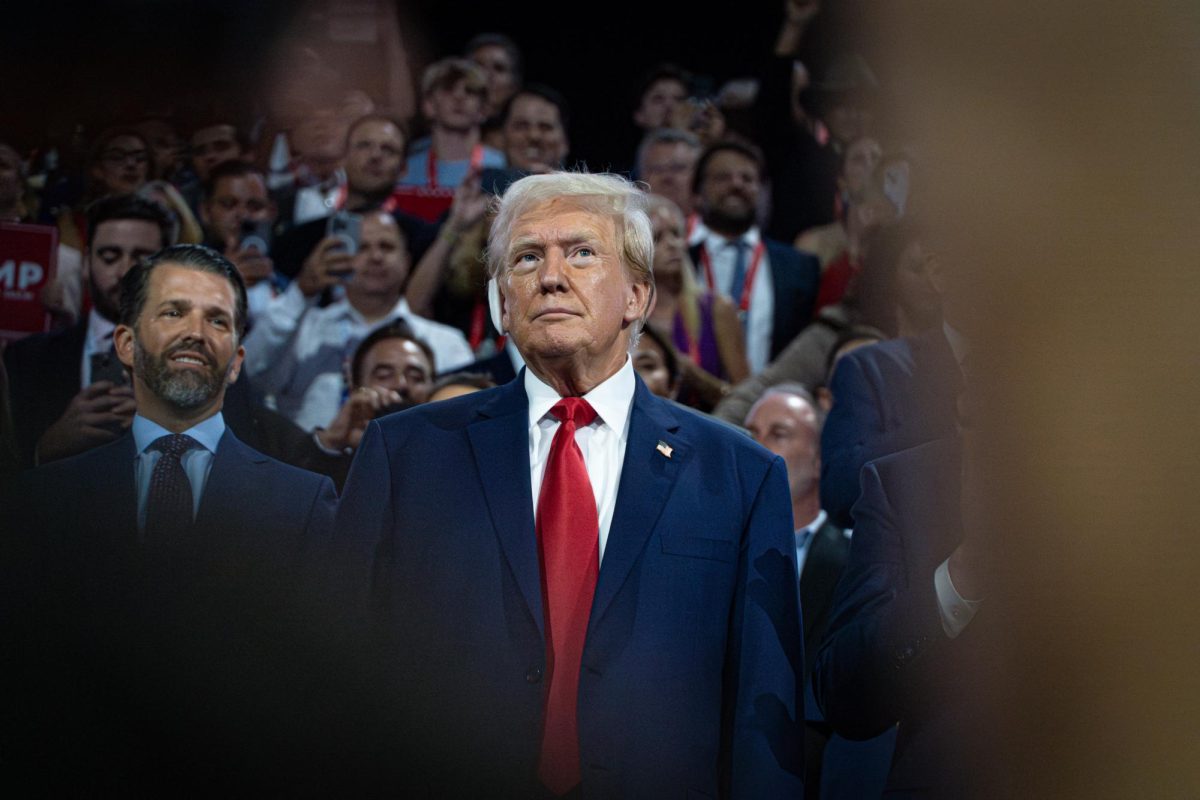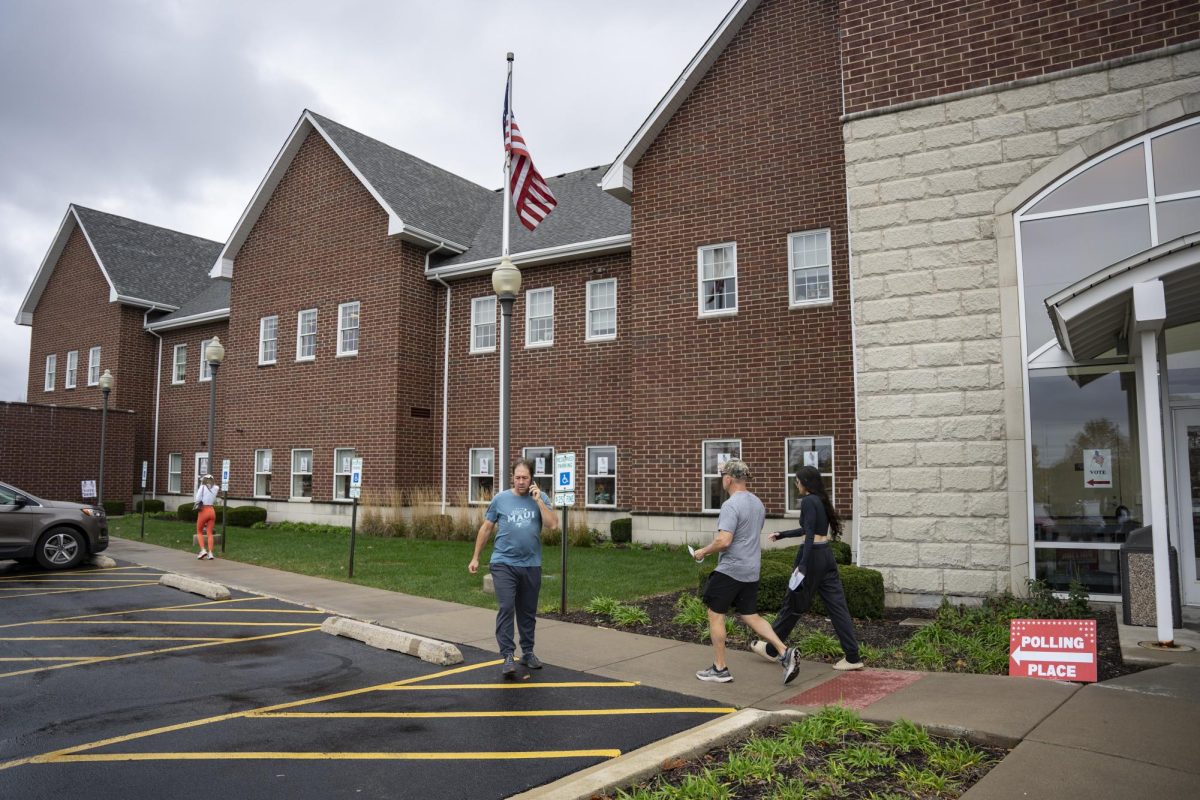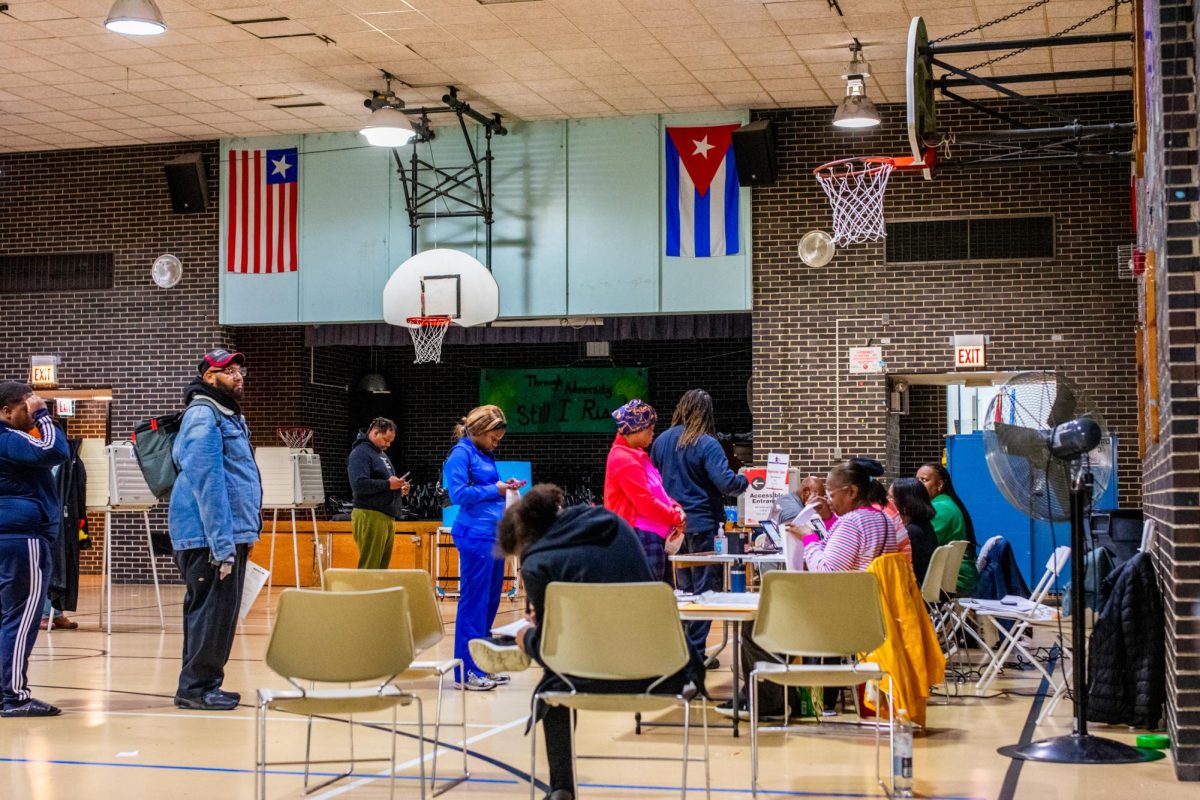At Columbia College, young voter engagement is driven by the pressing issues that directly impact their lives and communities. According to research by the Berkeley Institute for Young Americans in 2020, many young voters showed fatalistic views on whether their vote matters or not.
According to the U.S. Census Bureau, voter turnout among young adults reached 50% in the 2020 presidential election, marking the highest level of participation in decades.
The demographic of young adult voters includes individuals aged 18 to 29, representing a diverse segment of the electorate that is making its voice heard in political arenas. National trends also support the idea that young voters, like those at Columbia, are motivated by issues that directly affect their lives. The Center for Civic Learning and Engagement at Tuft University found that in the 2022 midterms, issues such as abortion rights and gun control were key motivators for young voters.
Young voters are concerned about climate change, economic opportunity, and social justice issues, according to research from the Pew Research Center. These priorities shape their voting behavior and prompt greater involvement in the electoral process.
Data from Columbia Votes, an on-campus initiative that helps students register and stay informed, shows a 15% increase in student voter registration since 2018, indicating a growing trend of political involvement among Columbia College students.
Young voters at Columbia are driven by a desire for change and a deep concern for the future of their rights. As these students continue to advocate for themselves and others, their voices are becoming an important voice in political conversation.
Interviews with students shed light on what drives young college students to participate in the process.
Personal Futures and Family Concerns
For first-year Nevaeh Bell, voting is about securing a better future not just for herself but also for her younger brother and family.
She said decisions made today will shape the world her loved ones grow up in. She’s particularly concerned about Project 2025, a conservative blueprint from the Heritage Foundation made for a second Trump administration. It calls for a radical shift in policy to limit federal agency powers and reshape governance. Although Republican candidate and former President Donald Trump has recently tried to distance himself from Project 2025, he also has embraced parts of it on the campaign trail or has given conflicting answers to questions about it.
The section on reproductive health and safety includes an outline that plans to limit abortion access drastically, revoke existing protections for reproductive health care, and impose severe restrictions on contraception and family planning services.
As someone who relies on health care, Bell is very aware of how policies can affect access to health care, making her more determined to vote.
“I want to be able to live in the place I was born and be treated like a natural person,” said Bell, reflecting the stakes that healthcare policies hold for her and many others.
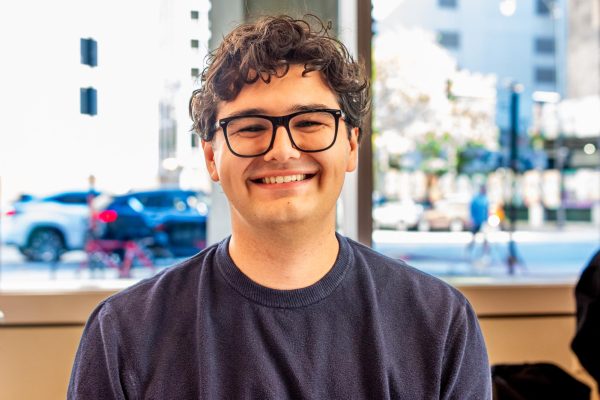
Community Engagement and Civic Duty
Civic duty refers to the responsibility of citizens to contribute to the well-being and functioning of their society, and voting is one of the most direct ways to do that. By casting a vote, individuals have a say in how their communities are governed, who represents them, and which policies shape their lives.
Tyler Harding, a senior film and television major, said he views voting as a civic duty with immense consequences for his community and country.
“Voting is your voice being heard,” said Harding, a former Student Government Association president and “voter genius” for Columbia Votes.
Harding said he is passionate about making sure elected officials are aligned with the needs of the people, stressing that protest and social media advocacy must be coupled with actual votes to truly effect change.
Resources like Ballotpedia and Columbia Votes provide him with vital information about candidates and their policies, making it easier to stay informed. These sites help him evaluate candidates’ policies and make informed decisions. He points out that community engagement is more than just knowing the issues, it’s about researching which candidates offer solutions to the challenges people face daily, like delayed public transportation or unaffordable healthcare.
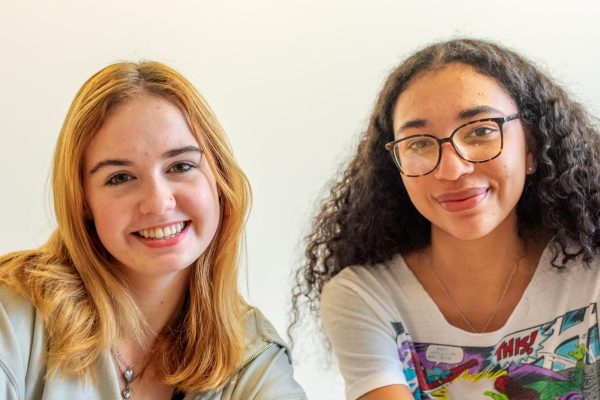
A Need for Change
Sophomores Jada Baths and Holly Norton pointed out that a desire for societal change and progress motivates them to vote. “I think I’m doing it out of wanting change from what we usually see,” Norton said, highlighting how the younger generation is ready for a shift in policies that reflect modern values. For these two students, issues like reproductive rights, gun control, health care, and economic concerns like taxes weigh heavily on their decision to vote.
Baths echoed this sentiment, expressing that the world is not the same as it was 20 years ago, and younger generations deserve to have a say in shaping the future. Both students commended Columbia College’s openness in discussing these issues, noting that the school makes it easy to stay informed and register to vote.
“I think that’s really a good thing about this college, is they like to be aware of what’s happening and not just shut it away,” said Baths. “They have people and they have opportunities where you can even register.”
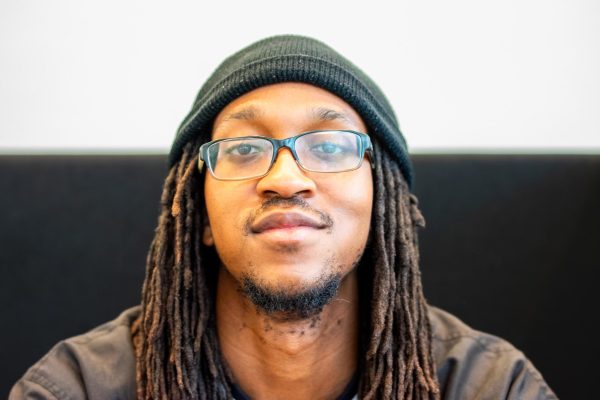
Racial Justice and Economic Concerns
Elijah Klein, senior film and television major, emphasized that inaction in politics can be harmful. Reflecting on how his understanding of politics has evolved through time, Klein “now sees voting as a way to fight for a better future,” particularly for Black people and other people of color.
“What keeps me interested and motivated is having the potential to have a better country, a better state for us, especially for Black people and other people of color,” said Klein.
For him, housing affordability, the prison system and food insecurity are pressing concerns, especially in light of rising inflation. Although Klein’s main influence comes from family conversations, he appreciates how Columbia keeps students informed about voting deadlines and opportunities.
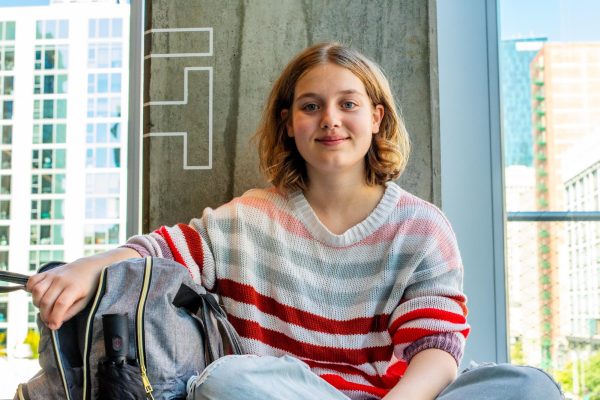
Challenges of Information Overload
Katie Spear, a first-year audio arts major, said that while she is motivated to vote by issues such as women’s reproductive health, the overwhelming amount of political information can make decision-making difficult.
“I get overwhelmed with the amount of information that is given to me,” Spear said.
However, she said she tries to focus on candidates whose views align with her personal experiences and values. Like many young voters, she feels that some of her concerns, especially those that directly impact her, are often overshadowed by other national priorities.
“We’re dealing with the hurricane right now, and so all of the focus has been sort of on the hurricane and hurricane rescuers and stuff. But now we’re not focusing as much on the other, very important stuff.”
A recurring theme among the students interviewed by the Chronicle was a disconnect between older and younger generations when it comes to political priorities. Many young voters feel that older people don’t fully understand the unique challenges they face today.
Harding’s message to older generations was clear: “We’re here, we’re proud, and you better listen.”
Data from the Berkeley Institute for Young Americans also showed differences in generational values, saying that Millenials and Gen Z are more egalitarian than older generations, who are shown to be more individualistic.
Young voters like Bell believe that change is constant and necessary as most older generations are no longer present. “Their time has passed,” she said. “The older generations voted back then, and look at where we are now.”
Copy edited by Vanessa Orozco


